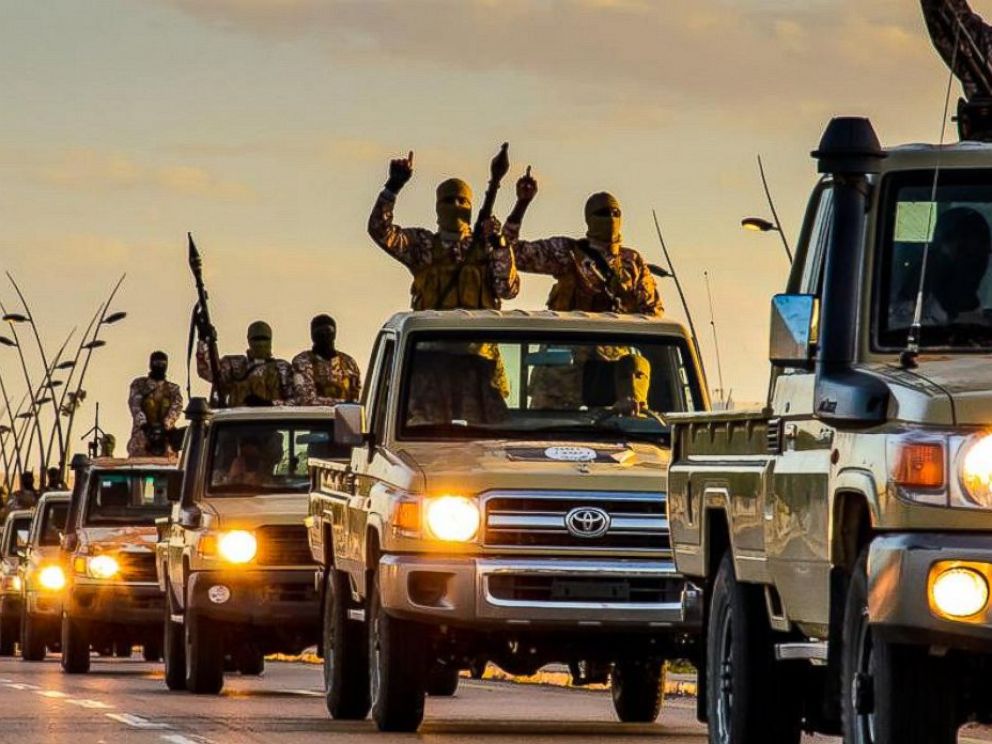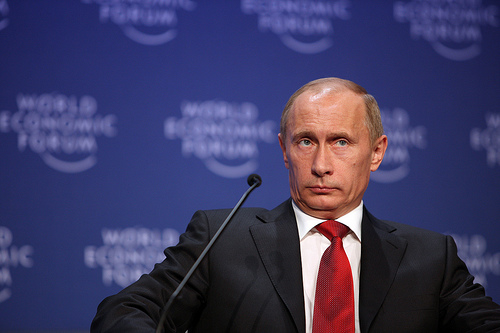
Libya is running out of time.
The country’s economic situation is dire—it is estimated that Libya’s foreign reserves are around $50 to $60 billion, less than half of what they were just two years ago. Low oil prices have forced the country to run a deficit of up to $2 to $3 billion a month, and its internal chaos has led to a dearth of foreign investment and obstruction of traditional forms of government revenue. Libya’s main financial institutions, such as the Central Bank, National Oil Corporation and sovereign wealth fund also remain institutionally divided. Since the fall of longtime dictator Muammar Gadhafi in 2011, a political and security vacuum has emerged, with different militant and civilian interest groups battling for control in a rapidly deteriorating security landscape. The humanitarian crisis is deteriorating as food shortages mount. The Islamic State has taken advantage of the country’s weakness by expanding its presence; the group is thought to maintain 6,500 fighters and control over 150 miles of coastline. It has established a stronghold in the central coastal city of Sirte, as well as parts of Benghazi in the east and near Sabratha in the west. For ISIS, a country on the brink of economic collapse is a prime opportunity for expansion.
Back in December of 2015, the international community thought Libya had turned a page in its bloody internal civil war. The warring Dawn and Dignity factions, as well as an international coalition of actors, signed the UN-backed Libyan Political Agreement with provisions for a new Presidential Council and Government of National Accord. The UN-backed Presidential Council led by Prime Minister Fayez Seraj arrived in Tripoli on March 30 and began operating out of a heavily-guarded naval base.
However, the Libyan Political Agreement was signed without guaranteeing an adequate governance structure and, more importantly, without a sufficient security sector arrangement to back the political system. Tripoli’s self-declared National Salvation (Dawn) government announced they were stepping down on April 5, but the new unity government’s 18 members have so far failed to secure a vote of approval from internationally supported Tobruk-based House of Representatives (Dignity), as required by the agreement.
Over the past few years, the Dawn and Dignity factions have splintered to the point where they exist in name only, and many local actors view the national leaders who signed the agreement as unauthorized to act on their behalf. Dawn and Dignity remain more focused on fighting each other than the Islamic State; they use ISIS as a pretext to fight local rivals over political supremacy, turf and economic resources. Both continue to accuse each other of collaborating with ISIS.
This is complicated with the involvement of outside actors: Turkey, Qatar and Sudan support the Islamist Dawn faction in western Libya based in Tripoli, while Egypt and the United Arab Emirates support the more secular, internationally recognized Dignity faction in the east, in Tobruk. The faction in the Tobruk-based House of Representatives opposes the agreement because it excludes their revered General Khalifa Haftar, while in the west, the faction wants a greater share of the country’s resources. Both sides hold deeply ingrained prejudice and mistrust for one another.
The US has a strong stake in a secure Libya, thanks to its proximity to US allies, abundant oil reserves and potential for the conflict to spill over and cause further instability in the region. The West continues to monitor the situation in Libya with concern. In late February, Italy granted the US permission to launch drone strikes from Sicily against ISIS efforts in Libya and northern Africa. The Pentagon has proposed some $200 million for the coming year to train and equip North and West African armies. The US military is also in the process of building a base in Agadez, Niger, which is strategically positioned for its Reaper surveillance aircraft to conduct missions in Libya.
Most significantly, the US, France and the UK have been preparing to launch a second intervention in Libya for months, and have already set up a Coalition Coordination Center in Rome. Officials at the U.S. Africa Command are developing dozens of potential targets across Libya for American and European warplanes, ranging from the ISIS stronghold in Sirte to Ajdabiya, Sabratha and the militant stronghold of Derna. The EU held a meeting on April 5 to consider deploying a civilian security mission in Libya to back the new unity government, helping train security forces and improving border security.
However, such an outside intervention without a clearly unified government or security force would be a disaster. It would, at the very least, sharpen political fault lines. Continuing the current Western strategy of special operations forces training and advising Libyan militias could exacerbate factional conflict and reduce the incentives for political reconciliation. There is no clear answer as to who and what faction will control the country’s armed forces. The US and its allies should be careful not to rush into Libya with a mass of weapons and force without a clearly defined road for political and economic development.
The overarching goal and method in Libya should be discreet and encourage the formation of a political and security strategy—one that brings the political and armed factions into a singular government, which has not existed for the last two years. Currently, the US, Britain, and France have military advisers operating on the ground, as well as aircraft conducting reconnaissance flights and strikes. These allies as well as organizations such as NATO should lend military assistance in a way that promotes reconciliation and cooperation between rival ground forces and ties the military assistance in the fight against ISIS to a process of integration of local militias into a national command structure. The US, Europe, and other Arab nations also should make firm military commitments to the Libya International Assistance Mission, which will help legitimize the unity government and impose order. US counterterrorism efforts must include the establishment of larger regional coordination mechanisms among local militias, setting the stage for a cohesive, democratically controlled and centralized military. It is imperative that the US get the Gulf States on the same page, but this is complicated by the lack of foreign embassies in Libya and direct dialogue with faction leaders. Tunisia has re-opened its embassy in Tripoli following the installation of the new GNA and France has stated its intention to do so, a promising first step.
Once the unity government is firmly established, the US and its allies need to address the root causes of radicalism by reforming the oil-driven economy, supporting civil society and municipal development, and carefully training the army and police while restructuring defense institutions. The West needs to ensure that the strategy against ISIS unites local forces instead of polarizing them. The reality on the ground is a complicated one: a transactional society, hundreds of militias, competing ethnic and tribal affiliations, aggressive regional loyalties that any one day can include home-grown and foreign-born radicals, neighbors simply seeking to defend their homes and families, gangs stealing oil and wealth and engaging in gratuitous violence, tribes in states of cold and hot wars against one another for generations, and regional actors exploiting or protecting natural resources like oil and water. But a stable Libya is critical to ensuring the security of US allies in North Africa, especially Egypt and Tunisia, and the US should be willing to provide full backing to a unified Libyan government through economic, security and counter-terrorism assistance—that is, once (and if) it becomes firmly established.
The views expressed by the author do not necessarily reflect those of the Glimpse from the Globe staff, editors or governors.





